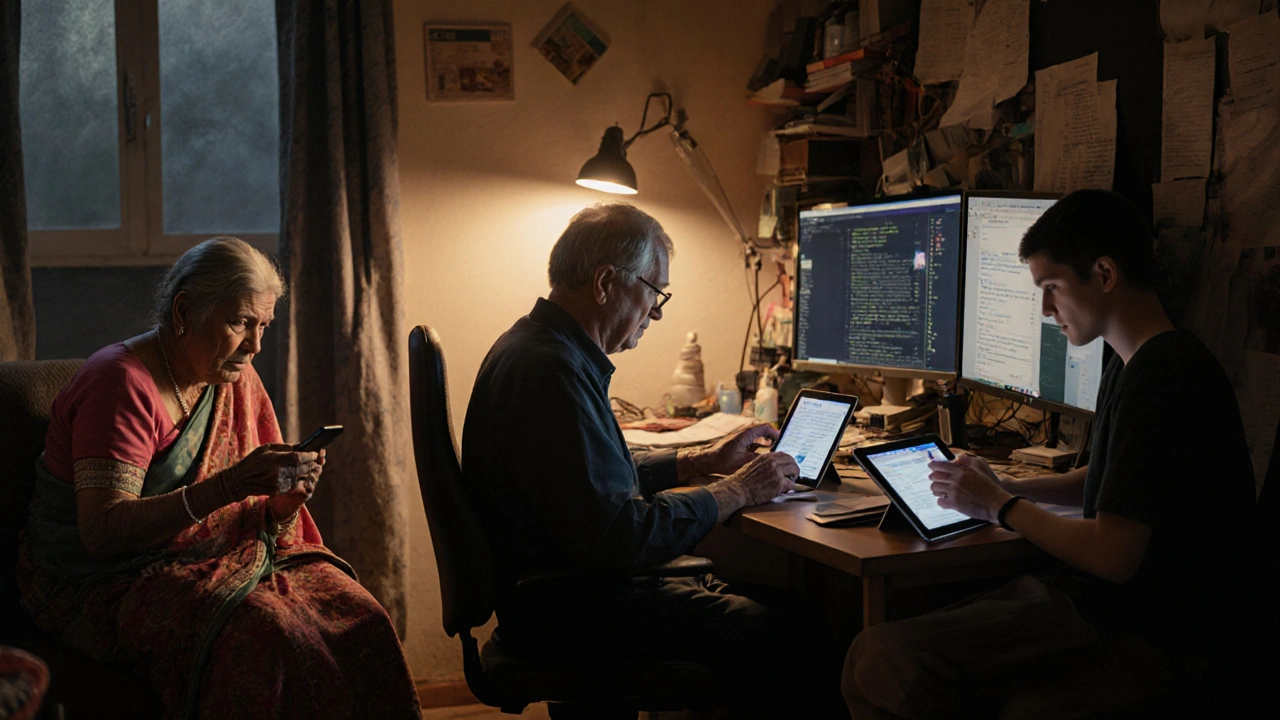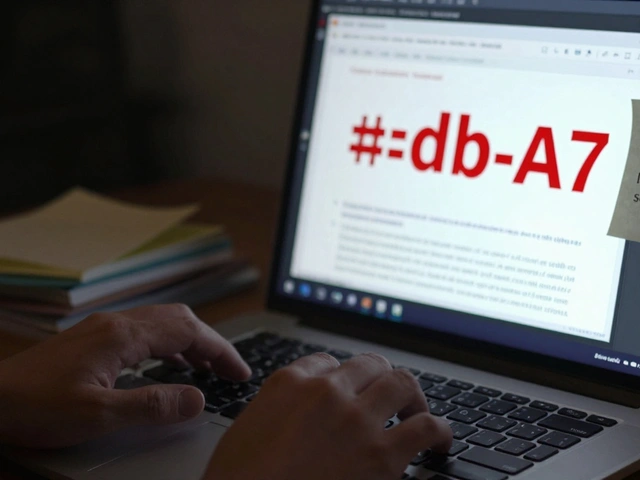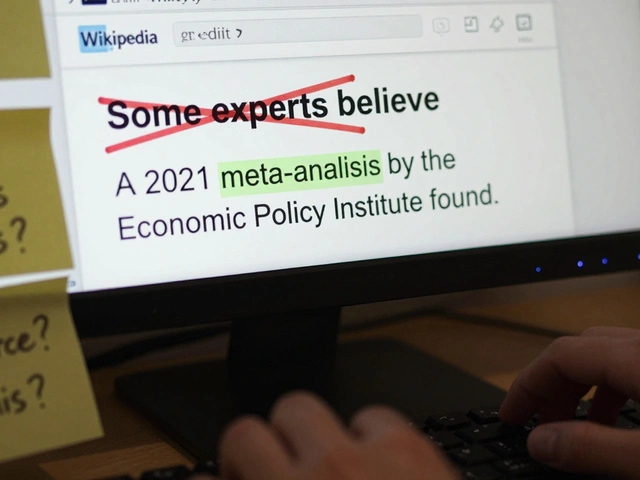Edit Behavior on Wikipedia: How Volunteers Shape Knowledge
When you think about how Wikipedia gets updated, you might picture someone quickly fixing a typo. But edit behavior, the patterns, motivations, and rules behind how people make changes to Wikipedia articles. Also known as editing culture, it’s what keeps the site alive—not algorithms, not paid staff, but real people deciding what stays, what goes, and why. This isn’t random. It’s shaped by decades of community norms, technical tools like watchlists and talk pages, and deep disagreements over neutrality, sourcing, and power.
Behind every edit is a decision. Is this change helpful or harmful? Is the source reliable? Does it reflect a minority view fairly? These questions aren’t just technical—they’re social. volunteer editors, people who contribute to Wikipedia without pay, often driven by personal interest or a belief in open knowledge are the ones making those calls. They’re also the ones getting harassed off-wiki, fighting copyright takedowns, or spending hours arguing on talk pages over due weight. And then there’s Wikipedia policies, the formal rules that guide editing, from neutral point of view to reliable sources—rules that aren’t laws, but are treated like them because the community enforces them. Paid editors show up with speed and polish, but volunteers bring depth, local knowledge, and the kind of persistence that turns a rough draft into a Featured Article.
What you see on a Wikipedia page is the result of hundreds, sometimes thousands, of these small decisions. A single photo can be removed because it’s not properly licensed. A paragraph gets deleted because it’s based on a blog post, not a peer-reviewed journal. An entire article gets rewritten after a WikiProject group spends months sourcing and reviewing. And when things go wrong—when bias slips in, when vandalism spreads, when editors burn out—it’s all visible in the edit history. The real story of Wikipedia isn’t in the final article. It’s in the edit behavior that got it there.
Below, you’ll find real stories from the front lines: how people fix disputed news, how grants help African language Wikipedias grow, how AI is changing the game, and why some editors walk away. These aren’t abstract theories. They’re snapshots of the people, tools, and tensions that make Wikipedia work—sometimes beautifully, sometimes messily, but always humanly.
Contributor Personas: Typologies of Wikipedia Editors
Wikipedia is edited by diverse contributors-from detail-oriented perfectionists to global volunteers. Understanding these personas reveals how knowledge is built, maintained, and sometimes lost on the world’s largest encyclopedia.





